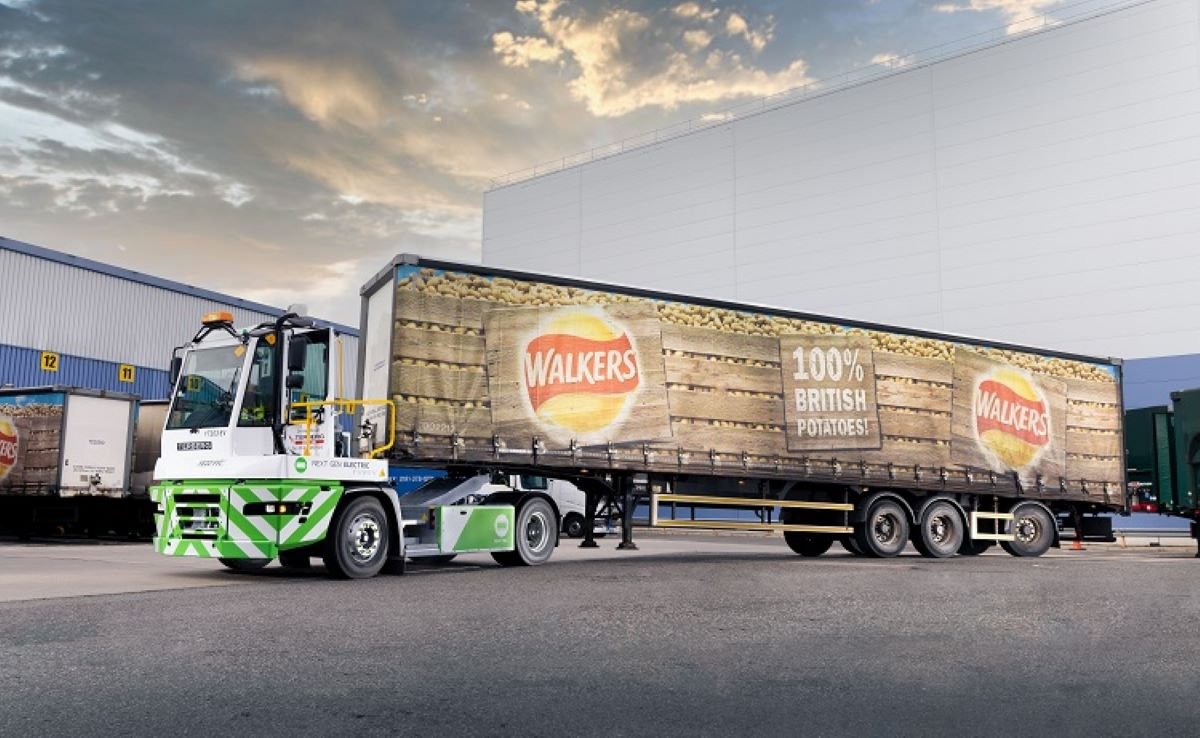PepsiCo has unveiled its plan to reduce greenhouse gas emissions by 2,650 tonnes per year by utilizing more hydrotreated vegetable oil (HVO).
They have ramped up the use of cooking oil more frequently in the company’s supply chain.
PepsiCo’s British farmers now solely transport 240,000 tonnes of potatoes to its Leicester facility using used cooking oil, thanks to a relationship with AB Texel UK.
“Our ambition is to limit our effect on global warming by reducing our own CO2 emissions to 0% by 2050. The use of renewable fuels, in which we are taking an important step together with PepsiCo, contributes to the realization of this ambitious goal,” said Lewis Chisholm, director of AB Texel UK.
The plan by PepsiCo to use hydrotreated vegetable oil as an alternative to diesel was first initiated as a pilot plan in 2022.
According to PepsiCo, when compared to regular diesel, HVO generates 80% fewer greenhouse gas emissions per kilometer, lessening the environmental effect of these trips.
They tested the strategy with more than 1.5 million kilometers of truck trips delivering commodities between the Quaker Oats mill in Cupar and its distribution base in Leicester.
The data support PepsiCo’s efforts to boost the use of sustainable HVO fuel throughout the company and is expected to extend its use to its transport operations in Scotland later this year.
PepsiCo’s Plan to Reduce GHG Emissions
PepsiCo plans to expand its hydrotreated vegetable oil-powered fleet is expected to cumulatively reduce GHG emissions by 5,000 tonnes annually and use HVO for 9 million UK journeys by 2023.
The program is part of PepsiCo Positive, the company’s transformation initiative that aims toward net-zero greenhouse gas emissions by 2040.[1]
Other plans include the ramping up of solar panels in their new and retrofit construction plans.
Additionally, with a pilot facility already running in the Netherlands, PepsiCo is converting from natural gas to fully electric, including a thermal storage unit.
The firm has also deployed new electric yard cars that will transport 40,000 pallets around the Leicester site.
By moving to electric vehicles, PepsiCo will be able to reduce the annual distance traveled by trucks fueled by fossil fuels by about 400,000 kilometers and avoid producing more than 1,600 tonnes of greenhouse emissions over the next three years.
“We’re always looking for innovative ways to tackle our carbon footprint, and the move to HVO for all our potato deliveries to Leicester, the home of Walkers, is a significant step. HVO fuel plays an important role in helping us to accelerate the decarbonization of our transport activities,” said Simon Devaney, the sustainability director at PepsiCo UK and Ireland.
References
- PepsiCo, ‘How PepsiCo is investing in renewable energy solutions,’ 21 April 2023, https://www.pepsico.com/our-stories/story/how-pepsico-is-investing-in-renewable-energy-solutions[↩]





